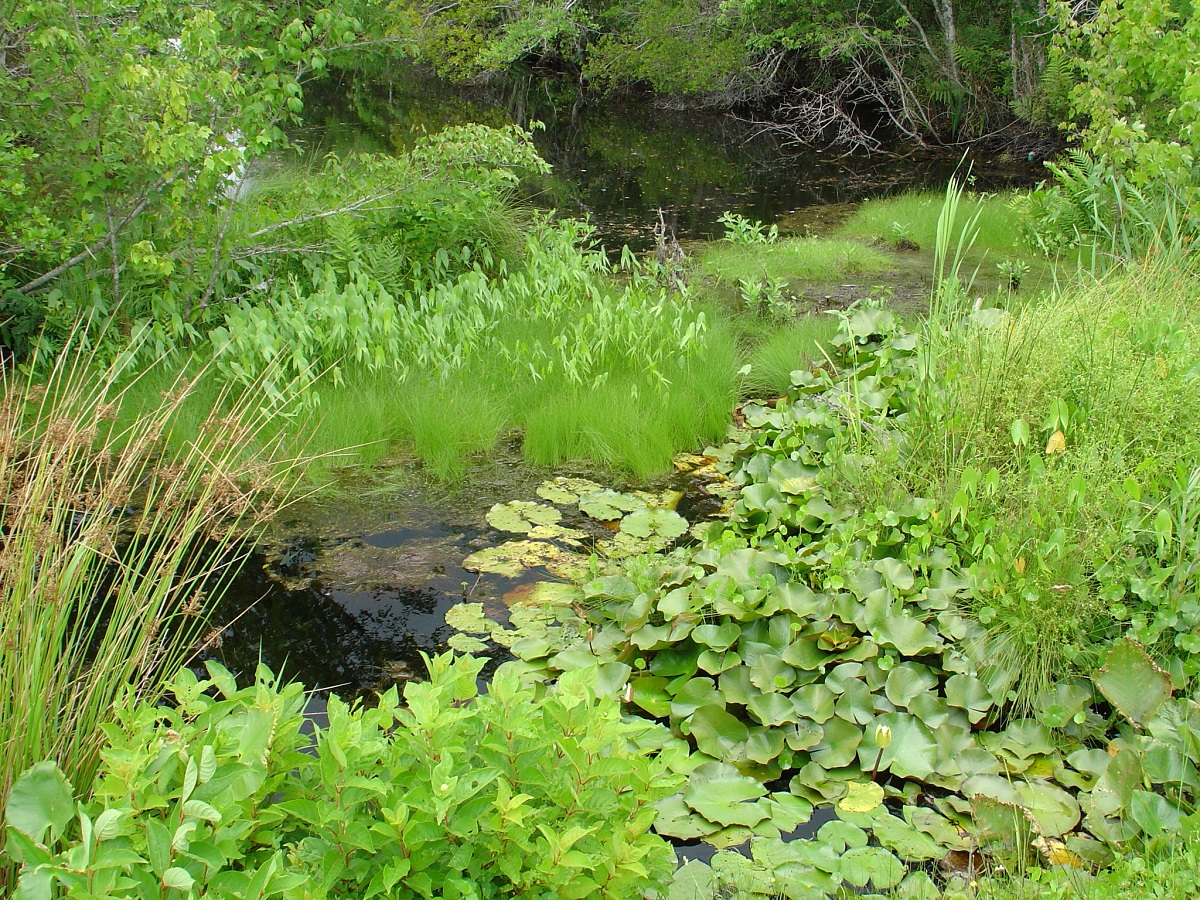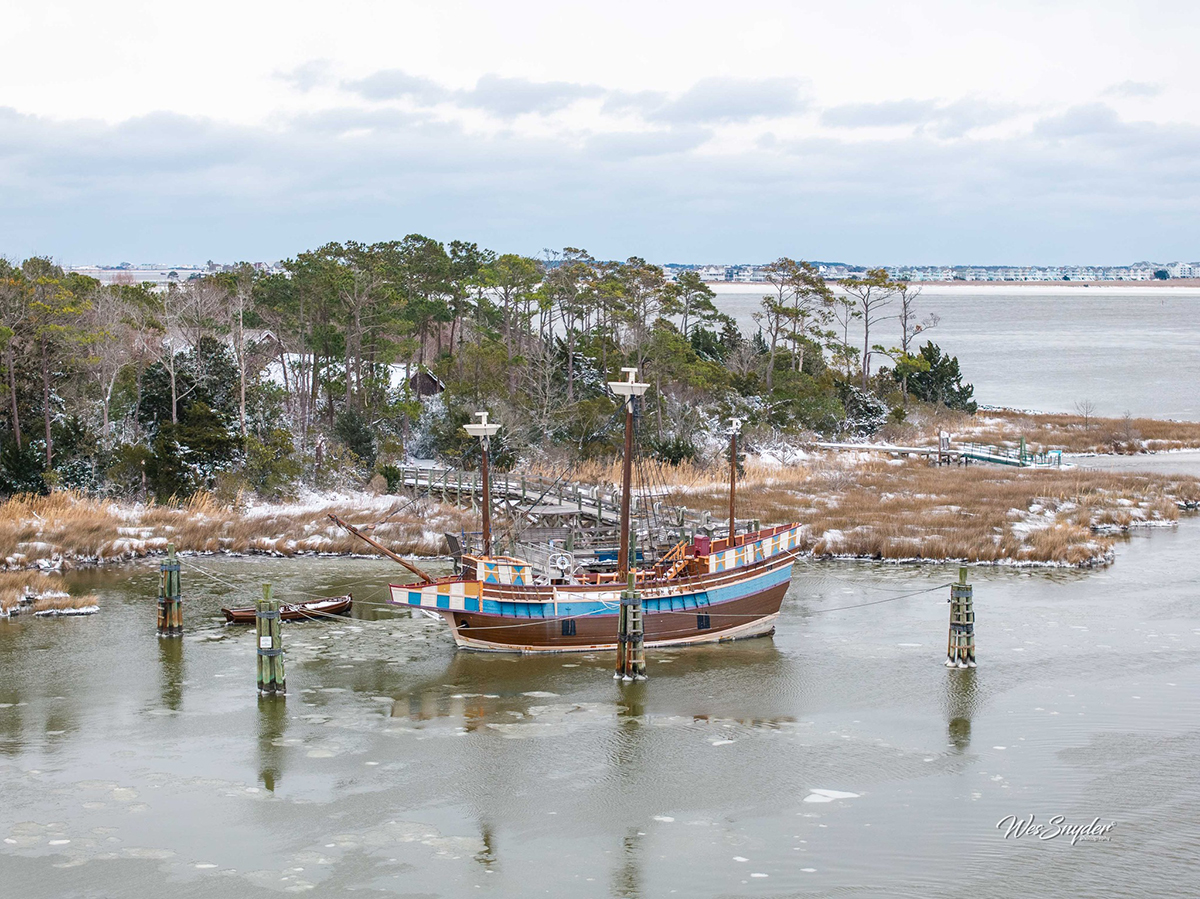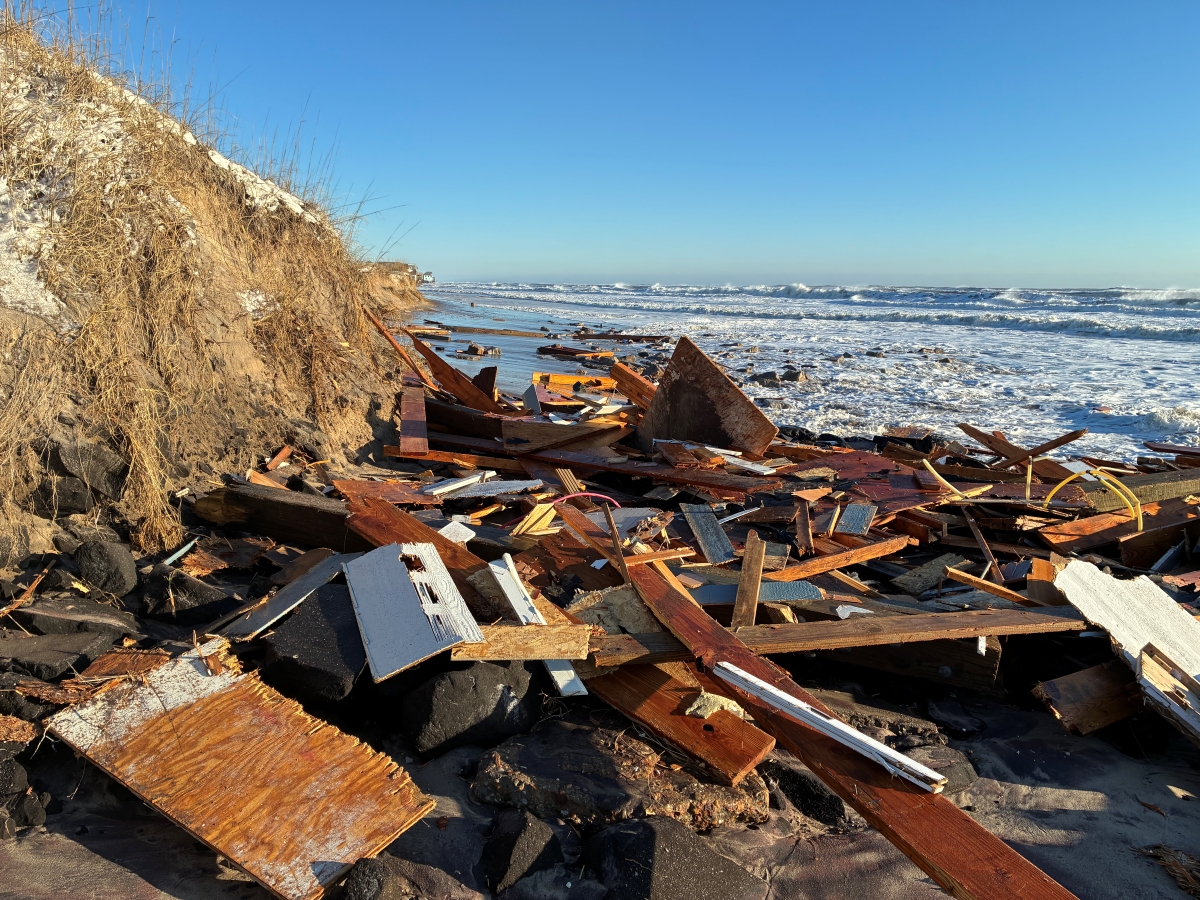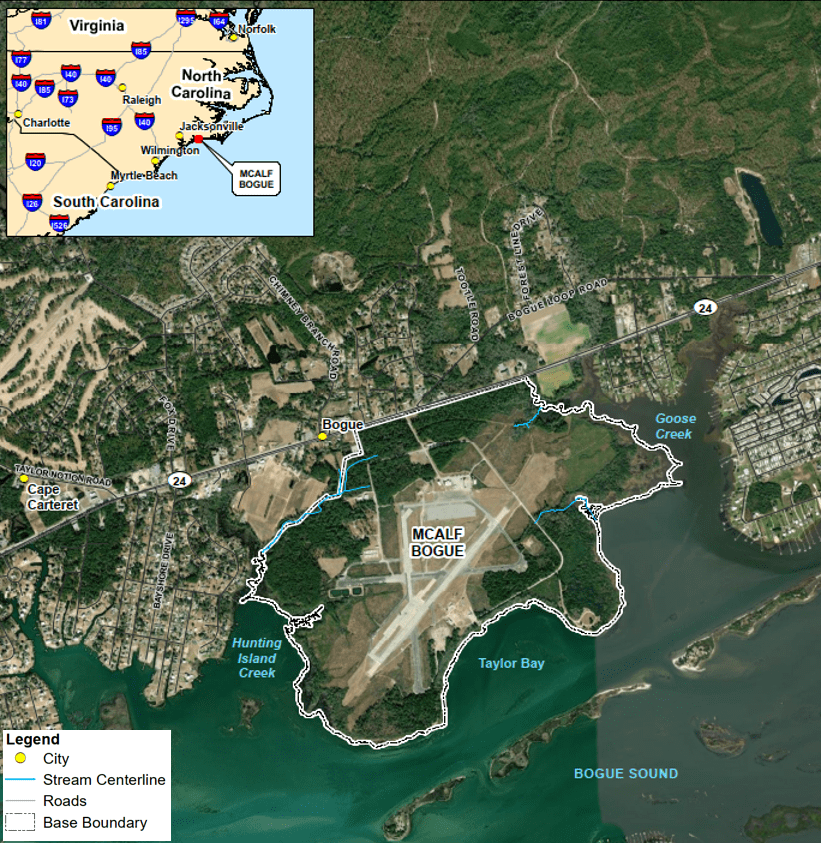
Aligning North Carolina’s wetlands definition with that of the federal government’s would put the state’s waterways at risk, erase nature’s pollution filtration systems from the land, and increase flooding, speakers at a public hearing said.
More than a dozen people commented during the Thursday night hearing in Raleigh on the revised wetlands definition the North Carolina General Assembly enacted into law two years ago.
Supporter Spotlight
In accordance with the 2023 Farm Act, the state’s definition of wetlands must correspond with the federal government’s, which narrows the description of a wetland to having a continuous surface connection to Waters of the United States, or those protected under the Clean Water Act. The federal definition was changed to be consistent with a May 2023 Supreme Court ruling.
In North Carolina, that alignment equates to the loss of protections for an estimated 2.5 million acres of wetlands, according to the state Department of Environmental Quality.
That agency has been implementing the definition since its approval in June 2023, but the state-appointed Environmental Management Commission, which is responsible for adopting rules that protect, preserve and enhance air and water resources, must go through the rulemaking process to amend the state’s existing wetlands definition.
The law legislators enacted two years ago explicitly directs that the Rules Review Commission cannot challenge the amendment.
Those who spoke at Thursday’s public hearing, a mandated step in the rulemaking process, urged the Environmental Management Commission to work with legislators to rescind the amendment. No one who spoke supported the definition revision.
Supporter Spotlight
“I think it’s a shame that the EMC does not have any discretion over what this rule looks like,” said Brooks Rainey, a lobbyist for the Southern Environmental Law Center. “Dictating the text of a rule to a rulemaking body takes away the whole point of having a rulemaking body. The North Carolina General Assembly are not experts on wetlands. The Home Builders Association is not an expert on wetlands. The Chamber of Commerce is not an expert on wetlands. But there are many experts on wetlands at DEQ. When rulemaking works as intended, the experts on the subject matter of the rule are involved in crafting the rule. Otherwise, we have ceded environmental rulemaking to political whims and lobby groups.”
Rainey went on to say that the majority party at the General Assembly make “the majority appointments” on the Environmental Management Commission and that the current commission “has greater sway” with this legislature than any in recent memory.
“I urge this EMC to use that influence and ask the General Assembly to stop sending over rules that have been pre-drafted. Take the politics out of rulemaking. Leave it to the experts. It is insulting to this commission, it is insulting to the agency, and it is insulting to the public who are effectively excluded from having any meaningful input at all,” she said.
That lack of input has frustrated residents, environmental advocates and scientists, who argue that ordering a one-size-fits-all definition will be detrimental to a state where wetlands, particularly on the coastal plain, are critical to reducing flooding, cleaning drinking water and supporting fisheries.
“Tying in wetlands protections to federal definitions that change with every administration leaves our communities vulnerable,” said Kerri Allen, a coastal advocate with the North Carolina Coastal Federation, which publishes Coastal Review. “Why should we hand off our responsibility to protect North Carolina’s natural resources to Washington. Wetlands in North Carolina, like pocosins, Carolina Bays and cypress swamps, deserve to be protected under rules written for our state’s needs, not buried under shifting federal priorities.”
Wetlands provide a host of crucial benefits, said Dr. Adam Gold, coasts and watersheds science manager with the Environmental Defense Fund.
They act as natural flood buffers, provide habitat for recreationally and commercially important wildlife, and filter pollution from waterways.
“Just one acre of wetlands can store up to a million and a half gallons of floodwater,” Gold said.
He cautioned that the federal government may further narrow the definition of wetlands. Earlier this year, the U.S. Environmental Protection Agency’s Lee Zeldin announced plans to revise the definition of Waters of the United States, also known as WOTUS.
“As someone who has worked in the intersection of environmental policy and coastal resilience for over two decades, I’ve seen firsthand how wetland loss leads to increased flooding, degraded water quality and disappearing fisheries habitat,” said Coastal Carolina Riverwatch Executive Director Lisa Rider. “These issues are already being impacted and many rural communities and working waterfront communities are already seeing the impact from what’s going on. Stripping protections further will only accelerate harm to ecosystems and the people here in coastal North Carolina.”
Chris Herndon, director of the North Carolina chapter of the Sierra Club, said rolling back wetlands protections will waste millions of taxpayer dollars in flood recovery and contribute to the loss of the state’s natural resources.
“The revised definition freely gives the decision of which wetlands to protect to the federal government. As a result, our state wetlands protections will be determined by federal officials based on federal priorities without any special consideration of the particular importance of wetlands in our state. North Carolinians should decide which North Carolina wetlands should be protected to the benefit of our local communities and local economies,” he said.
Southern Environmental Law Center senior attorney Julie Youngman said that, though the commission has been mandated to pass the rule, there is no deadline in when the rule must be established.
And, since the state’s leading environmental agency is complying with the law, there is “no harm being done to the will of the legislature by slowing it down and working with the legislature to try to fix the mistake that’s been made,” she said.
“It just defies logic that we are putting our fate in the hands of a federal administration that doesn’t seem to care about the same values that we care about here in North Carolina,” Youngman said. “There is not deadline in the statute. Take your time, work with the legislature, see if you can’t come up with a commonsense way to keep the wetland protections that we have in place, in place.”
DEQ will accept public comments through today via email with the subject line “Wetland Definition Amendment” to Sue.Homewood@deq.nc.gov and by mail to Sue Homewood, Division of Water Resources, 1617 Main Service Center, Raleigh NC 27699-1617.
The EMC is anticipated to hear recommendations on the revised rule during its Sept. 11 meeting. The 2023 Farm Act mandates that the rule cannot become effective until after legislative review, which is anticipated to take place during the General Assembly’s 2026 session.
The Environmental Protection Agency has final approval authority over the rule.







